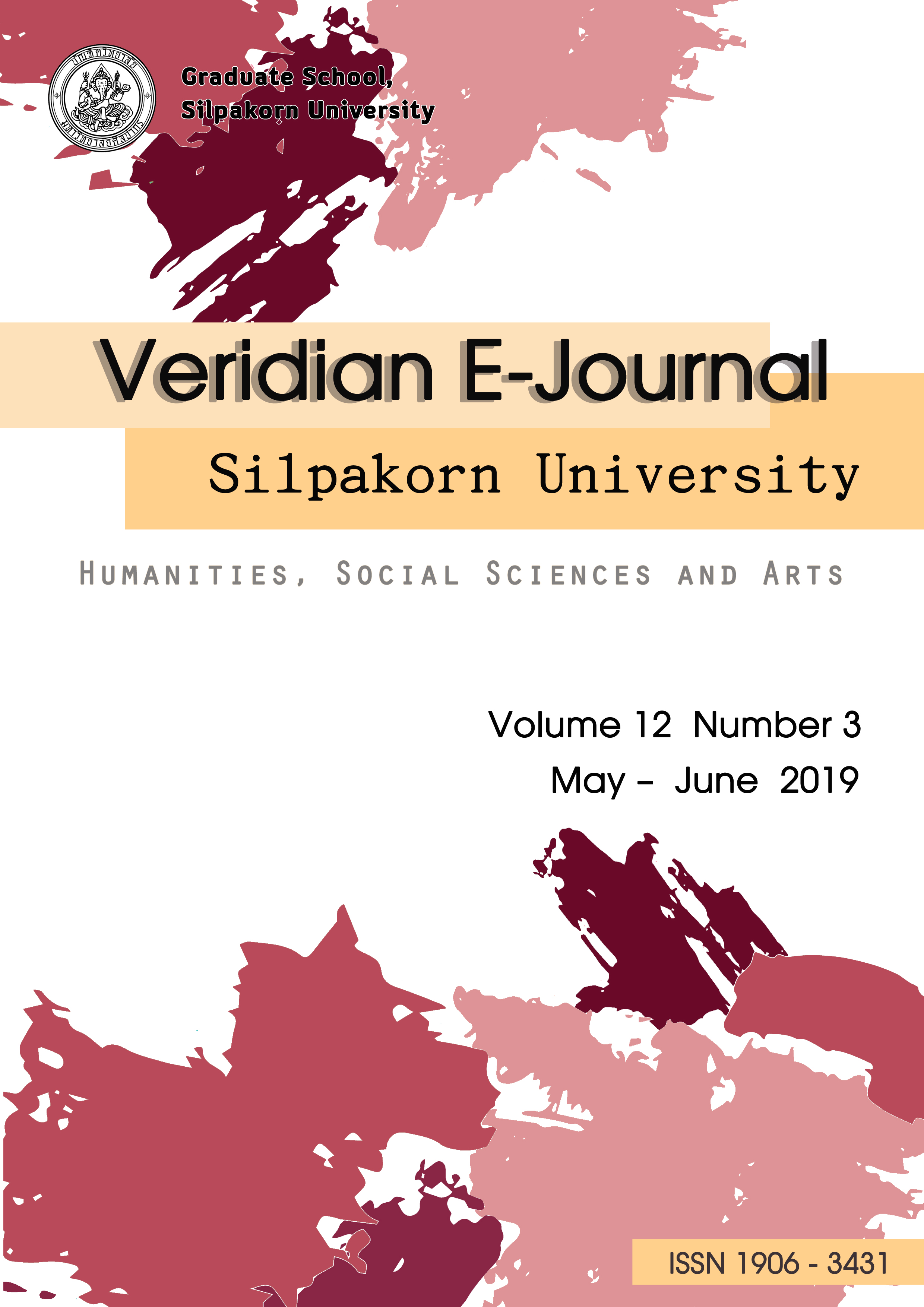Records management and Internal Quality Assessment: A case study of higher educational institution in the context of Thailand
Main Article Content
Abstract
The article aims to discuss the relationship between the records management and the internal quality assessment in the Thai higher educational institutions. The study regarding how records have been managed to support the internal quality assessment has shown the limitation of universities in Thailand to understand both the importance of maintaining the evidential value of records and how to capture records for proving their academic quality. The approaches that most of the Thai universities have done for acquiring records; therefore, either creating new records specifically for the internal quality assessment or creating documents to replace losing records. This generates unnecessary works and decreases the accountability of records that the universities used for the internal quality assessment. The implementation of records keeping system; instead, facilitate the universities to be able to capture reliable records usable for the assessment. In addition, keeping records according to the universities’ functions has identified the quality the universities have achieved since the study has revealed that the nine elements of academic quality that the internal quality assessment needs are the main functions of the universities. To success in the implementation of records keeping system, the universities are required to (1) establish records management policy and records management unit, (2) design the file plan and records retention schedule to meet the university’s functions, (3) enhance records awareness and knowledge among staff, and (4) create, capture, maintain, use, and deposit records to comply with the file plan and records retention schedule.
